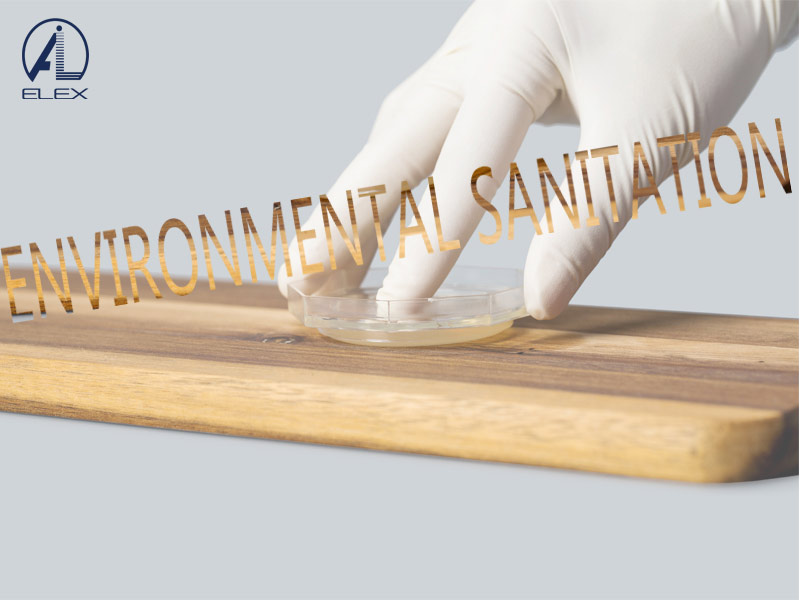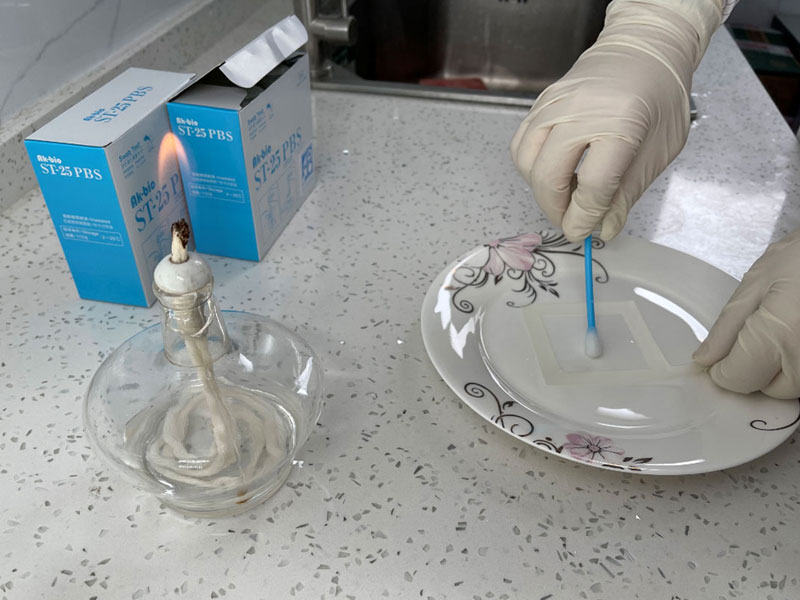
In modern scientific research and industrial production, the purity of samples and the accuracy of experiments are of paramount importance. Sterile plastic bag technology, as a key tool to ensure both, is crucial. Sterile plastic bags are disposable packaging bags that have been sterilized, usually made from materials resistant to chemical corrosion and physical damage, such as polyethylene or polyester. These bags are packaged and sealed under sterile conditions during manufacturing, ensuring an internal environment free from microbial contamination, which is particularly critical for the collection of environmental samples.
The use of sterile plastic bags can reduce the risk of contamination during the collection, storage, and transport of samples. For example, in air quality monitoring, when collecting airborne particulates, sterile plastic bags can prevent the attachment of microbes or other contaminants, ensuring the authenticity of experimental results. In water quality monitoring, sterile plastic bags can be used to store water samples, preventing changes in biological components of the water or contamination by external pollutants.
They can be used for microbial detection in food, analysis of food additives, and detection of harmful substances in food. Through the use of sterile plastic bags, researchers can accurately collect food samples, ensuring the accuracy of test results, and providing a scientific basis for food safety regulations.
Based on our in-depth research and evaluation, it is recommended to use medical-grade materials with good biocompatibility and excellent sterile performance. For example, high-density polyethylene (HDPE) has good chemical stability and tensile strength, ensuring the sealability and stability of sampling bags during storage. Additionally, polytetrafluoroethylene (PTFE) and medical-grade silicone are considered materials due to their strong resistance to chemicals and excellent high-temperature performance, as well as good biocompatibility and chemical inertness.
This includes material selection, cutting, molding, sterilization, and packaging, with strict quality control at each stage. Through these stringent production processes, sterile plastic bags can achieve efficient microbial sampling, storage, and transportation, meeting the high standards of sterile operation in laboratories.
In conclusion, sterile plastic bag technology plays an important role in ensuring sample purity and experimental accuracy.
 A Tentative Study on the relevance of HACCP certification and infection control in hospital
A Tentative Study on the relevance of HACCP certification and infection control in hospital
 Environmental Sanitation Microbiology Testing
Environmental Sanitation Microbiology Testing
 Microbiology Test in Food Industry
Microbiology Test in Food Industry
 The Applicability of High-quality Ready-to-use Swab Sampler for Tableware Sampling and Public Places Supplies and Utensils Microorganisms
The Applicability of High-quality Ready-to-use Swab Sampler for Tableware Sampling and Public Places Supplies and Utensils Microorganisms
 Spike Experiment of DNP Culture Media Plate Based on Ice Cream
Spike Experiment of DNP Culture Media Plate Based on Ice Cream

